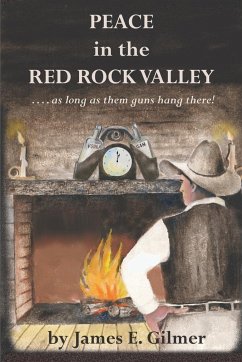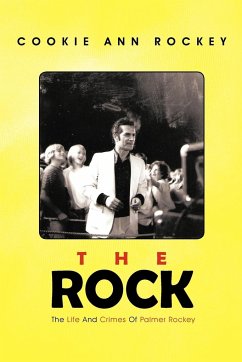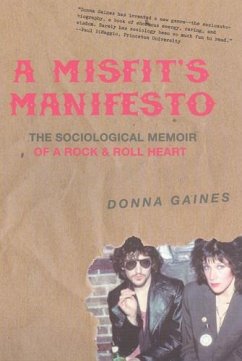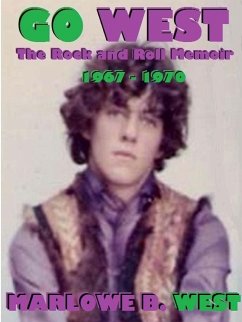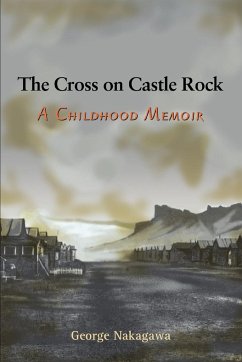
The Cross on Castle Rock
A Childhood Memoir
Versandkostenfrei!
Versandfertig in 1-2 Wochen
12,99 €
inkl. MwSt.

PAYBACK Punkte
6 °P sammeln!
In early 1942, the U.S. government imprisoned, without charge or trial, 120,000 American citizens and legal resident aliens. Their crime? They were of Japanese ancestry and were living on the West Coast. The Cross on Castle Rock chronicles the World War II years which author George Nakagawa spent in American prison camps. In spite of the poor food, stark conditions, and restrictions on freedom, communal living and freedom from chores resulted in a fun-filled three years for the young son of a poor immigrant farmer. Endless days of school, sports, play, and mischief-making with adolescent buddi...
In early 1942, the U.S. government imprisoned, without charge or trial, 120,000 American citizens and legal resident aliens. Their crime? They were of Japanese ancestry and were living on the West Coast. The Cross on Castle Rock chronicles the World War II years which author George Nakagawa spent in American prison camps. In spite of the poor food, stark conditions, and restrictions on freedom, communal living and freedom from chores resulted in a fun-filled three years for the young son of a poor immigrant farmer. Endless days of school, sports, play, and mischief-making with adolescent buddies who lived together like members of the same family are the source of many of Nakagawa's best childhood memories. There was also a dark side. Widespread racism in America and instances of gross incompetence on the part of inexperienced camp administrators resulted in mistrust and misunderstanding. This led to ruined lives and the irreparable fracturing of the closely-knit Japanese American community, leaving scars that have never healed. There was also needless pain and suffering when the camps were suddenly closed and some of the last residents of the camps, mostly the elderly, were evicted, leaving them homeless, jobless, and virtually penniless.



